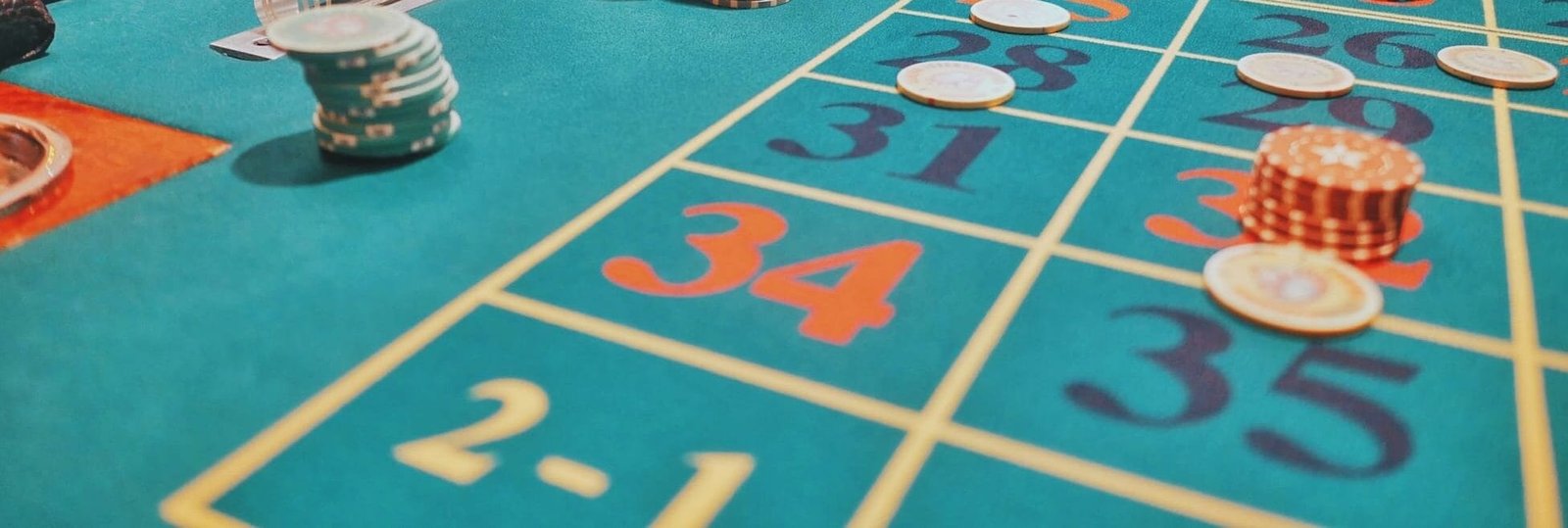
Gambling Addiction
Gambling addiction is a behavioural addiction which is also known as a process addiction which refers to compulsive engagement in non-substance-related activities that provide temporary pleasure or relief but ultimately lead to negative consequences. Unlike chemical addictions involving drugs or alcohol, behavioural addictions revolve around actions such as gambling, gaming, shopping, or internet use. These behaviours trigger the brain's reward system similarly to substances, reinforcing a cycle that can be difficult to break.
Gambling: A Destructive Cycle
Gambling addiction, or compulsive gambling, is one of the most well-documented behavioural addictions. It is characterized by an uncontrollable urge to gamble despite negative consequences. This addiction can lead to severe financial loss, strained relationships, mental health issues, and even legal trouble. Common symptoms of gambling addiction include:
A persistent need to gamble with increasing amounts of money.
Failed attempts to cut back or stop gambling.
Preoccupation with gambling, often at the expense of personal and professional responsibilities.
Chasing losses—continuing to gamble in an attempt to recover lost money.
Lying to conceal gambling behavior from loved ones.
Borrowing money or engaging in illegal activities to fund gambling habits.
The effects of gambling addiction are profound. Financial distress often leads to debt, bankruptcy, and loss of assets. Emotional and mental health issues such as anxiety, depression, and suicidal thoughts are also common among those struggling with compulsive gambling. Relationships suffer, as trust erodes and conflicts escalate. Despite these consequences, the compulsion to gamble persists, making intervention crucial.
Addiction Coaching - Addressing Gambling Addiction
As a coaching professional, the approach to gambling addiction is centred on understanding the individual's triggers, motivations, and behaviours. Coaching does not replace medical or psychological treatment but serves as a supportive tool that complements traditional interventions. The focus is on goal-setting, self-awareness, and accountability to help individuals develop healthier coping mechanisms and a structured path to recovery.
Some key strategies employed in coaching for gambling addiction include:
Identifying Triggers: Recognizing situations, emotions, or thought patterns that lead to gambling urges.
Setting SMART Goals: Establishing Specific, Measurable, Achievable, Relevant, and Time-bound goals for recovery. Accountability: Sharing progress, thoughts and desires with a recovery specialist.
Self Care
Developing Coping Mechanisms:
Encouraging alternative behaviours such as mindfulness, exercise, or engaging in fulfilling hobbies. Finding new ways to build self esteem through positive action.
Accountability and Support:
Encouraging transparency through regular check-ins, journaling, or peer support groups.
Financial Planning:
Working on money management strategies to regain financial stability and prevent further losses.
While coaching can provide structure and motivation, some individuals with severe gambling addiction require a more intensive approach, such as residential treatment.
Residential Treatment
Residential treatment centres offer an immersive recovery experience for individuals struggling with severe gambling addiction. These programmes provide a structured and supportive environment where individuals can focus on their recovery without external distractions. Here’s why residential treatment can be beneficial
1. A Safe and Supportive Environment: In a residential facility, individuals are removed from the triggers and temptations of everyday life. This allows them to focus entirely on healing without access to gambling opportunities.
2. Professional Therapy and Counselling: Most residential rehabs include individual therapy, group counselling, and cognitive-behavioral therapy (CBT) to address the psychological roots of gambling addiction. Therapists help individuals reframe their thought patterns and develop healthier behaviours.
3. Structured Routine and Accountability: A well-defined daily schedule helps individuals establish stability. Structured activities such as therapy sessions, wellness programmes, and financial education workshops promote a sense of purpose and discipline.
4. Peer Support and Community: One of the most powerful aspects of residential treatment is the opportunity to connect with others facing similar challenges. Peer support fosters a sense of belonging, reducing feelings of shame and isolation.
Choosing A Residential Treatment Centre
When selecting a residential treatment centre, it is essential to consider:
Accreditation and Reputation: Ensure the facility is licensed and has a history of successful outcomes.
Treatment Approach: Look for programmes that offer evidence-based therapies, personalized treatment plans, and holistic approaches.
Duration and Cost: Rehabs vary in length and pricing. Some insurance plans may cover part of the cost.
Post-Treatment Support: Recovery does not end after leaving a residential treatment centre. Continued support through coaching, therapy, and peer groups is crucial for long-term success. If you are searching for the right treatment centre, take advantage of our extensive experience with quality rehabs. If you need help in choosing a centre, contact us!
Support
Gambling addiction is a serious and complex issue that requires a multifaceted approach to recovery. While coaching plays a valuable role in providing structure, accountability, and motivation, severe cases often benefit from residential treatment. By addressing the psychological, emotional, and financial aspects of addiction in a supportive environment, individuals can break free from the cycle of gambling and reclaim their lives.
For those struggling with compulsive gambling, seeking help is the first step toward recovery. Whether through coaching, therapy, or residential treatment, support is available, and change is possible. A future free from gambling addiction is achievable with commitment, guidance, and the right resources.
Here at Treatment Link, we have been supporting pathways into sustained recovery and can work with you in finding freedom from gambling addiction. You can learn more about our services, including our one to one recovery programmes here and if you would like to arrange a call, send us a message today.
